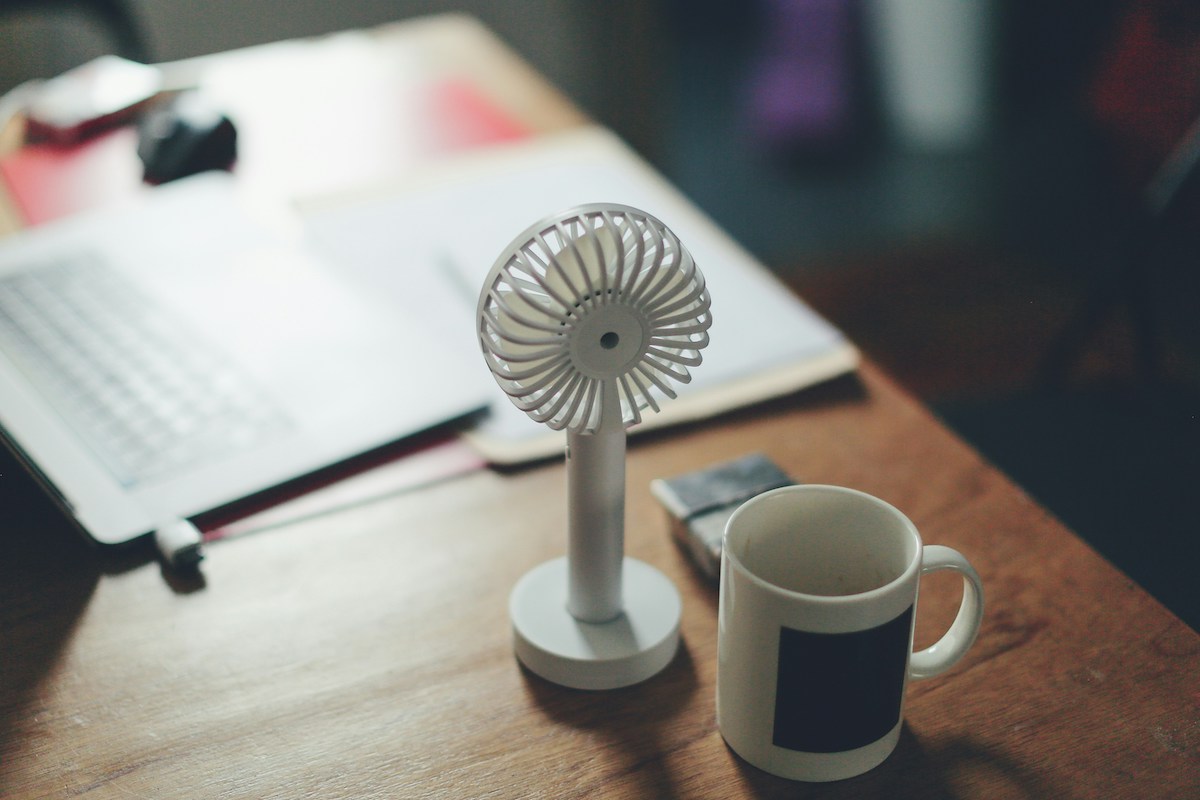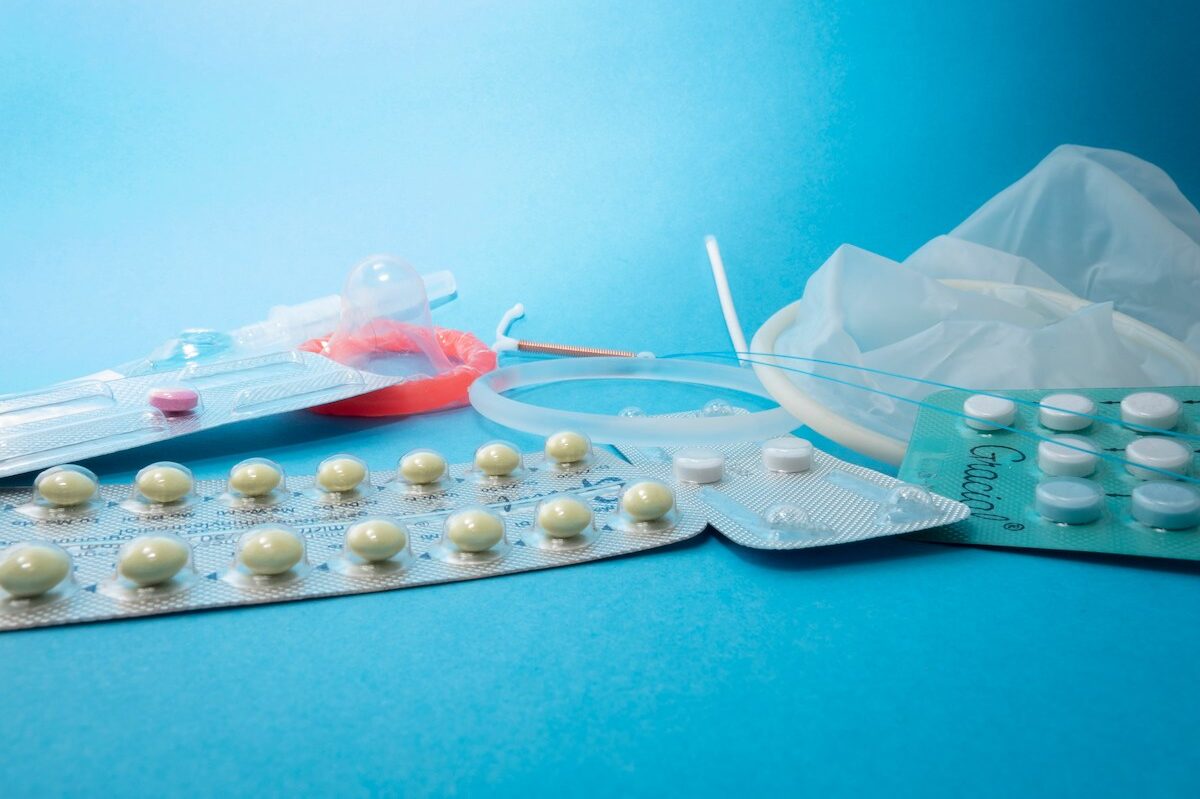Information is powerful. One of my goals with Hot Flash is to arm you with data-backed information about your hormones and how changing hormones affect how you feel. I always feel better when I understand why my body is changing the way it is, even if I don’t always love how I am feeling.
In that vein, today is a bit of a crash course in reproductive hormones — what they are and how they change from puberty to menopause. I think of it as the foundation on which all our discussions of the data will be built here at Hot Flash. Let’s dig in.
Puberty
I suspect most readers have already experienced puberty, but since this is where our reproductive lives start, our discussion will start here too. Plus, if you are anything like me, you live surrounded by pubescent young people — or will someday soon — and remembering how their bodies are changing helps me approach them with a little more grace and understanding.
In girls and boys, puberty starts when the hypothalamus in the brain starts making a hormone called gonadotropin-releasing hormone (GnRH). GnRH acts on the pituitary gland — the gland in our brain that tells all the other glands what to do — causing the pituitary gland to make follicle-stimulating hormone (FSH) and luteinizing hormone (LH).
In girls, FSH and LH act on the ovaries to prepare them for ovulation. In response to FSH and LH, the ovaries also make estrogen. Estrogen causes breast development, causes the vaginal lining to mature and produce a watery discharge, and leads to bone growth and changes. Eventually, it is estrogen that causes the growth plates to fuse and growth to stop.
The first period occurs 2 to 2½ years after puberty begins. In the year or so after the first period, periods are often very irregular. Menstrual periods settle into a typical 21- to 35-day cycle in the second year.
When puberty begins is hugely variable. The first sign of puberty in girls is breast bud development, which occurs at ages 8½ to 10 on average — but ages 8 to 13 are considered normal. The largest determining factor in when puberty begins is genetics.
The data suggest that the first signs of puberty in girls are appearing earlier. The first menstrual period does not appear to be shifting as much, so essentially puberty for girls is getting longer.
The development of body hair and body odor is the result of a separate and independent process called adrenarche. Adrenarche is an increase in hormones from the adrenal gland that leads to changes in the sweat glands and hair follicles and results in pubic and underarm hair growth, body odor, and acne. The signs of adrenarche typically occur just after the first signs of puberty, but they are independent processes and can occur in any order.
Peak reproductive years
Puberty is considered to end when breasts have adult contour and size and pubic hair has spread to the inner thigh. The menstrual periods are also typically regular at this point. This combination of traits is described in the medical literature as Tanner stage 5. Now our bodies have transitioned to the peak reproductive years. This is the longest phase of our reproductive lives — typically starting in our late teens and lasting all the way to our early 40s. This phase is marked by its physical stability.
The predictable changes of the menstrual cycle result from the regular rise and fall of our pituitary and ovarian hormones. To review, the menstrual cycle has two phases: the follicular phase and the luteal phase. In the follicular phase, FSH from the pituitary signals the ovary to mature follicles. FSH also stimulates the production of estrogen, which causes the uterine lining to build up.
Several follicles start this process, but ultimately one follicle — called the dominant follicle — releases a mature egg in response to a surge in LH from the pituitary gland. The luteal phase starts with ovulation, which leaves behind it the corpus luteum. The corpus luteum produces progesterone, which stabilizes the uterine lining in preparation for an embryo to implant.
If the ovulated egg doesn’t get fertilized by sperm and implant in the uterine lining, it passes out of the body. The corpus luteum resolves and progesterone levels drop, allowing the uterine lining to slough off and pass out of the body as a menstrual period. And the cycle starts over.
Most of us have regular periods of 21 to 35 days. We ovulate reliably about 14 days before the start of our period. We have symptoms that occur reliably with ovulation and menstruation, including changes in vaginal discharge, fluctuations in weight, breast fullness, and changes in mood and libido. Those symptoms result from the rise and fall of FSH, LH, estrogen, and progesterone.
The biggest hormonal changes in this time are typically related to pregnancy and breastfeeding, but that is outside of our scope today.
Late-reproductive stage
The late-reproductive stage often gets forgotten, and many women have never even heard this term. I find it really helpful to have a good understanding of this time of change that connects the peak reproductive years to perimenopause.
Most women enter the late-reproductive stage between the ages of 40 and 45. Many mistake these changes for perimenopause. The late-reproductive stage can last up to 10 years, and some women skip straight from it to menopause.
Female humans are born with all the eggs in our ovaries — 1 million to 2 million — that we will ever have. As we approach the end of our reproductive years, the eggs that are left of those 1 to 2 million are lower-quality. As a result, it takes more FSH to prepare an egg for ovulation. Increased FSH also leads to high estrogen levels.
With ovulation, our estrogen levels drop lower than they used to. Then they climb back up during the luteal phase, only to plummet again just before our period. These hormonal shifts lead to short cycles (think 24 or 25 days instead of 28 or 30 days), heavier periods, more mood swings, and more breast pain. Many women report that their PMS symptoms are much more pronounced. These changes are the hallmarks of the late-reproductive stage.
Perimenopause
Eventually, the number of eggs left in our ovaries dwindles. And the eggs that are left are of lower and lower quality. Despite high levels of FSH from the pituitary trying to stimulate the ovaries to ovulate, we ovulate less regularly and less frequently. Sometimes we have non-ovulatory bleeding — that is, vaginal bleeding like a period but without having ovulated first.
Perimenopause is defined by irregular periods. Cycles vary by more than seven days. So you may have a cycle that is 45 days, then 24 days, then 63 days. Perimenopause typically begins in the second half of our 40s and lasts for five years or more.
In perimenopause, the high levels of FSH can at times lead to high levels of estrogen. Just as suddenly, we can ovulate or have a period, and estrogen levels drop. It is the volatility of hormones during this time that leads to the hallmark symptoms of perimenopause: hot flushes and night sweats (collectively called vasomotor symptoms), poor sleep, and volatile moods.
Over time, ovulation becomes less and less frequent, and many women will go six months or more without having a period as we move closer and closer to menopause.
Menopause
Ultimately, we ovulate our last egg and we have what is known as the last menstrual period. There is no way to know which period is your last menstrual period when you are having it. It is only after not having a period for a full year that we can officially say we are in menopause.
The average age of menopause is 51.4 years. For some women, stable, low levels of estrogen result in a reprieve of mood and vasomotor symptoms. For others, vasomotor symptoms can persist for five years or more after menopause.
While the ovaries are quiet after menopause, the pituitary gland does not get the message and continues to pour out FSH at high levels. For some women, this can lead to a shift in the balance of estrogen and testosterone — estrogen levels are typically very low and testosterone levels stay the same or even rise. This can cause scalp hair thinning and body hair growth.
Five to 10 years after our last menstrual period, most women’s symptoms subside and we settle into another (hopefully) long period of stability: the post-menopausal years.
Our reproductive lives are not a straight line from puberty to menopause, but more of an arc. I, like many of you, am starting to see changes in my mood and my body that I know result from shifting hormone levels. It has really helped me to reacquaint myself with the hormonal changes that occur in our 40s and 50s so I am not caught off guard by how those changes make me feel. I hope this review will help you better understand your hormones and more easily navigate the coming years.
Community Guidelines



















Log in